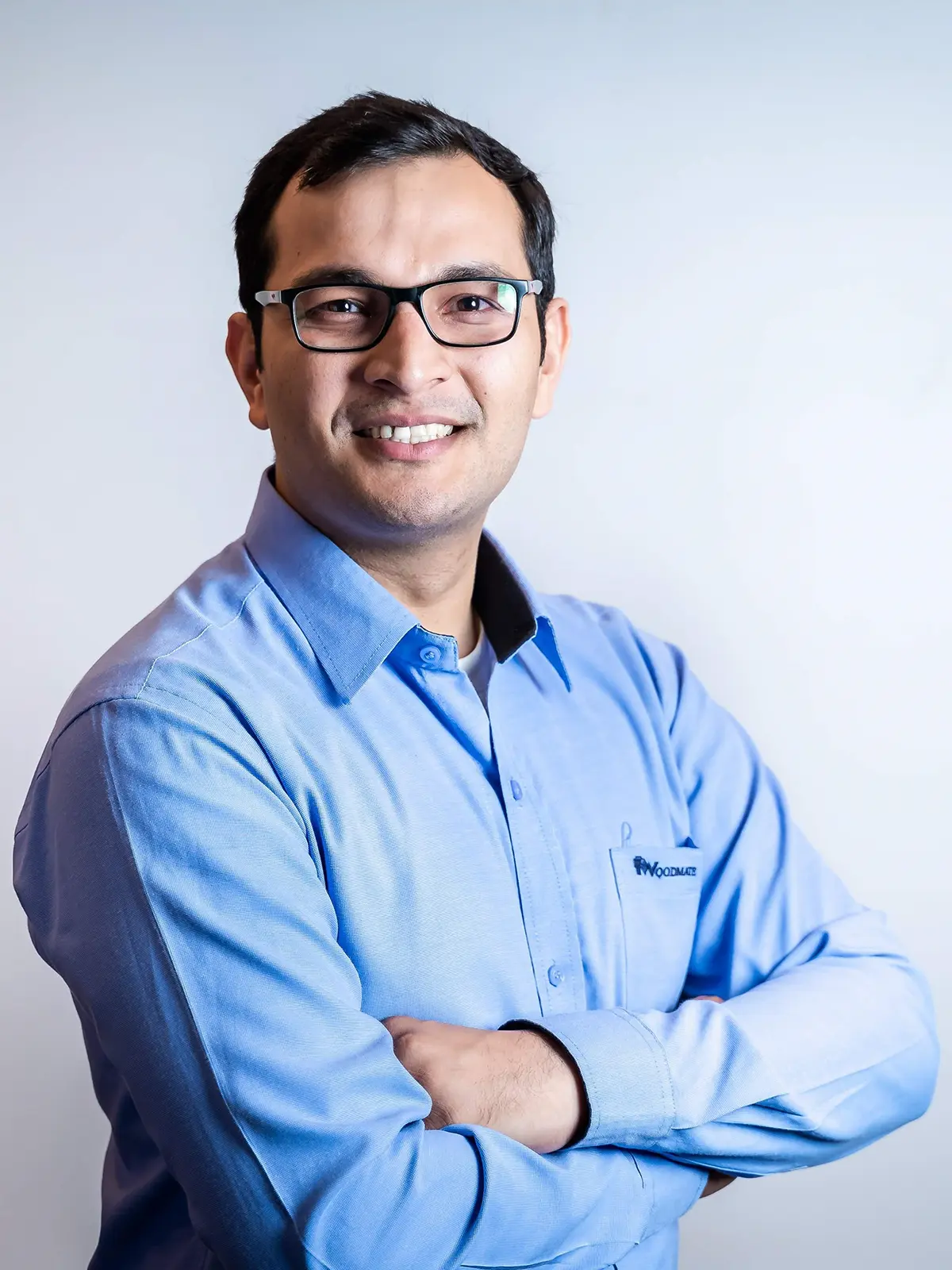
‘Saying it can be done when you know that it can’t benefits no one’

Text Dayinta Perrier
© Photo Nishan Pereira
Nishan Pereira first heard about TU Delft from a friend during a game of basketball. While he was still studying industrial engineering in India at the time, he started a master’s degree in Delft only four years later. After graduating, he returned to India with a lot of new knowledge and the ability to say ‘no’.
After getting his bachelor’s degree from National Institute of Technology Jalandhar, Nishan Pereira decided to join Nestlé India to get some work experience. His role saw him visit the company’s Indian factories to learn more about factory processes, but after two years, he wanted something new. Liking the idea of studying at TU Delft, Pereira applied for the programme in systems engineering, policy analysis and management. “There are only a handful of master’s degree programmes in the world that truly match my bachelor’s degree. The programme in Delft is among the world’s best, and seeing as I had my heart set on Europe anyway, it seemed like a good place to do my master’s.” Around the same time, his boss proposed a promotion track at Nestlé. “I’d decided that I would accept whichever offer came first”, Pereira recalls. In the end, TU Delft beat Nestlé to the punch by just two days.
Uniting process, technology and people
And so Pereira packed his bags and set off to Delft. “My master’s programme was one of the few in Delft that had only a few international students,” Pereira says. After struggling to connect with his Dutch fellow students at first, he decided to look for a student society and joined student dance club SoSalsa. “That changed a lot,” he remembers. “I got along well with the other members and it became easier to connect with others, which also helped me get closer to my coursemates.” For his graduation project, Pereira researched cyber security in collaboration with IT company Atos and the police. “At my graduation ceremony, my supervisor remarked that I’m good with people.” Looking back, Pereira hails this as one of the most important things he learned during his time in Delft. “The job of a systems engineer is to unite the process, technology and people, which is impossible if you can’t connect to people.” After graduating, Pereira moved back to India. “My parents have a family business, which I joined as a business development manager,” he explains. “It’s a manufacturing company that works in lots of different industries, ranging from aluminium doors to high fashion to the construction of real estate. Dealing with customers and workers for all these different products is quite the challenge, but TU Delft equipped me with a lot of the skills & knowledge I need. My time at Delft also taught me how to say no. Saying it can be done when you know that it can’t benefits no one,” Pereira concludes.
Delft ties
Back in Bengaluru, Pereira set up an alumni network. “I’ve been organising alumni meet-ups for years,” he says. “The first time, 10 people came, the next year only 3. This year, however, we were up to 50 attendees! It’s an interesting group, full of people from different backgrounds and of different ages. Normally, you’d never run into these people, but our shared ties to Delft connect us.” To encourage as many alumni as possible to join, each meet-up has a different programme. One of Pereira’s highlights was meeting King Willem-Alexander and Queen Maxima in 2019 during a state visit to India. Besides working in the family business, he recently became Chief Strategy Officer at an Indian cybersecurity company. Through the Dutch Digital Soft Landing Programme, the company is now trying to gain a foothold in the Netherlands, which means that Pereira – nine years later – frequently sets foot on Dutch soil once more.
Are you interested in setting up a regional alumni network? Send an e-mail to [email protected].

